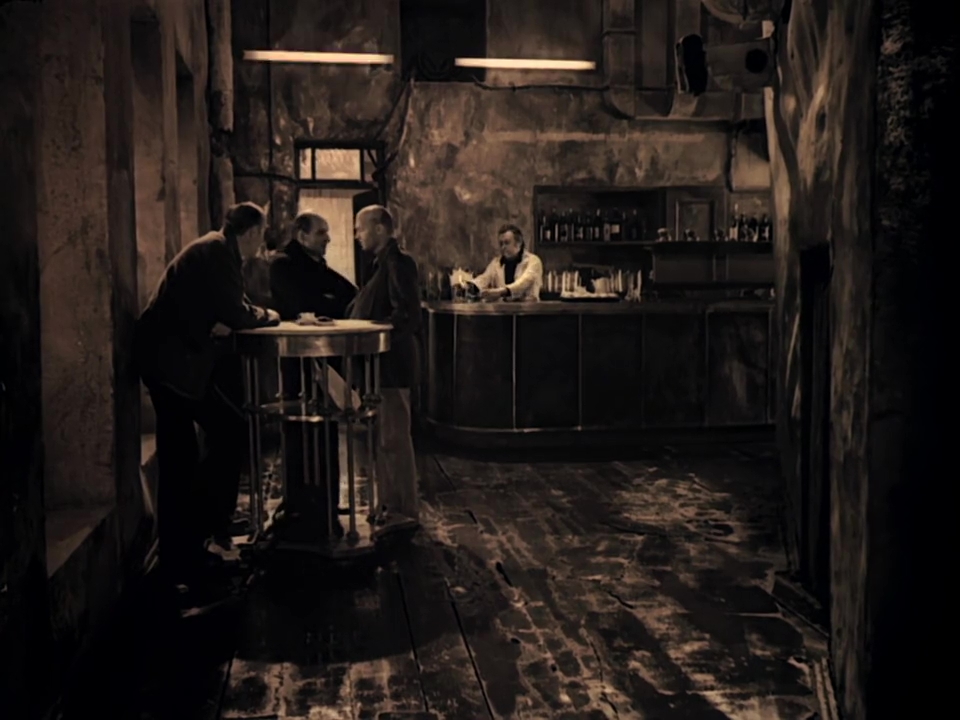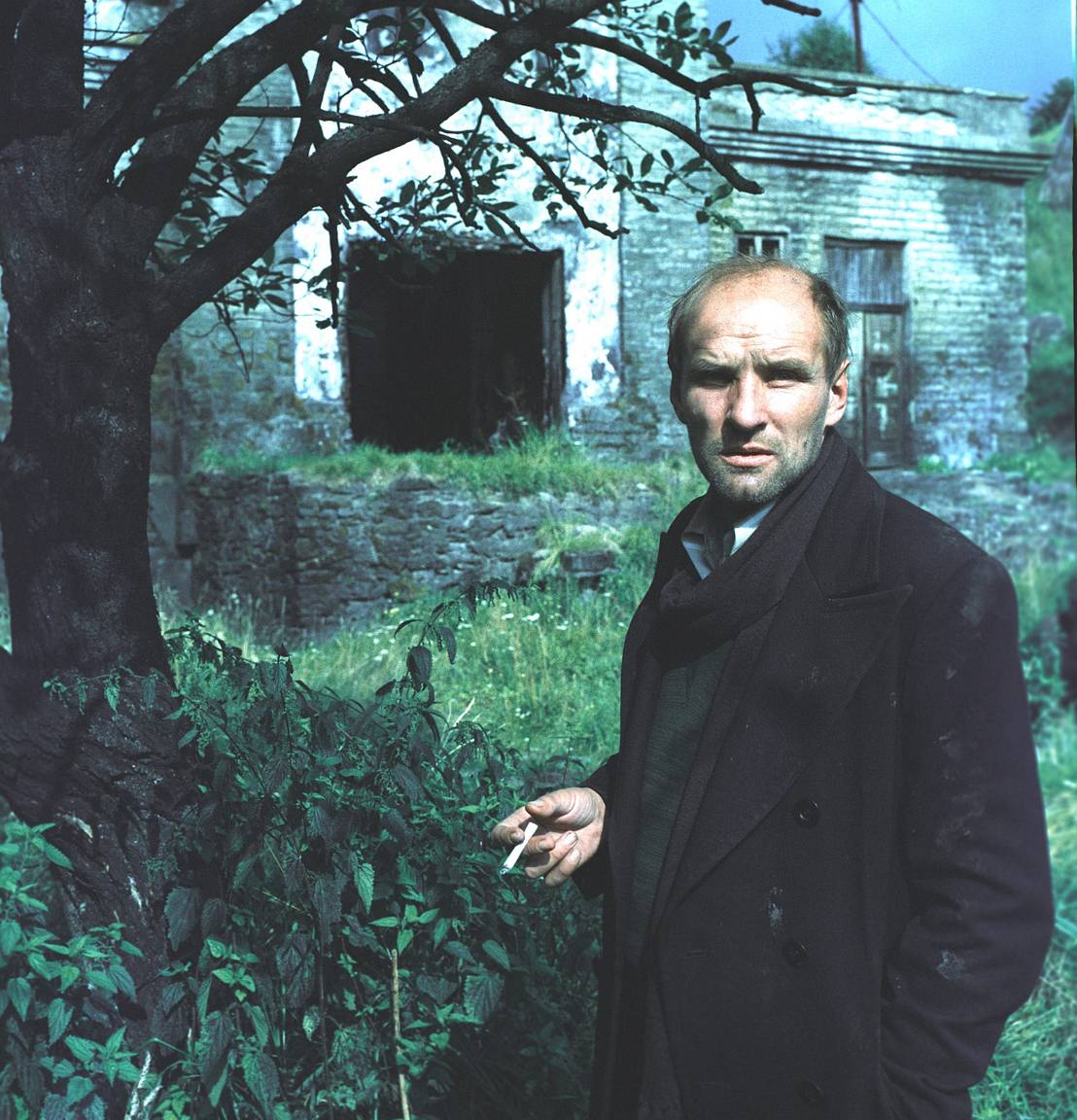Andrei Tarkovsky’s haunting classic Stalker (Сталкер) (1979) is a must-see for cinephiles.
If you’ve played the video game S.T.A.L.K.E.R., you already have a sense of the ‘feel’ of this film as both are based on Arkady and Boris Strugatsky’s 1972 novel Roadside Picnic. Those two also wrote the screen play, which diverges from the book.
Infused with visual callbacks to Soviet gulags and the Chernobyl disaster, the film is about a stalker. For a price, the he will guide interested pilgrims from the crumbling and polluted normal world, past guards and hazards, and into the “Zone” where a wellspring of small life is overtaking the decaying creations of man. A dystopian normality is replaced with aberrant physics, harrowing obstacles both mental and physical, and most importantly with a chance to reach “The Room” where one’s desire might be granted…for a sacrifice. That is the trek, but the story is about the men, specifically, as titled, the Stalker.
The stalker has a family, he’s fresh from jail and is about to risk a return if he isn’t killed, first. His inner journey is more important than the physical one and is described as much with ambient sound and water as with action and dialog. With a writer and professor in tow, the stalker again undertakes the pilgrimage despite concerns from his wife. His desire for the Zone itself and the money he’ll make outweigh his wife’s concerns, but not his love for her and their child. Will it be worth it? Is he doing more harm than good? Does anyone know and can anyone choose a better path? Filled with loaded imagery and motiff from faith and love to war and cynicism, this film slowly reflects on a variety of conflicting ideas without forcing any single principle to be the sole answer (though one could argue that there’s a theme).
The movie is available through various library subscriptions, youtube, HBO, and will air on TCM (Turner Classic Movies) on Sunday Night/Monday Morning October 27 2025 at 2:00am EDT. Find a long block of empty time to give it a try.


How can a film from 1979 have visual callbacks to an event from 1986?
I guess I phrased that badly. The viewer will feel callbacks. The director had not seen a nuclear facility fail, but we’ve since seen an exclusion zone like the one in the movie and it is eerily similar. Obviously the director couldn’t know that in the future (now) we’d have this comparison to make.
Or did he…

Parts of Primer they cut out
/s





